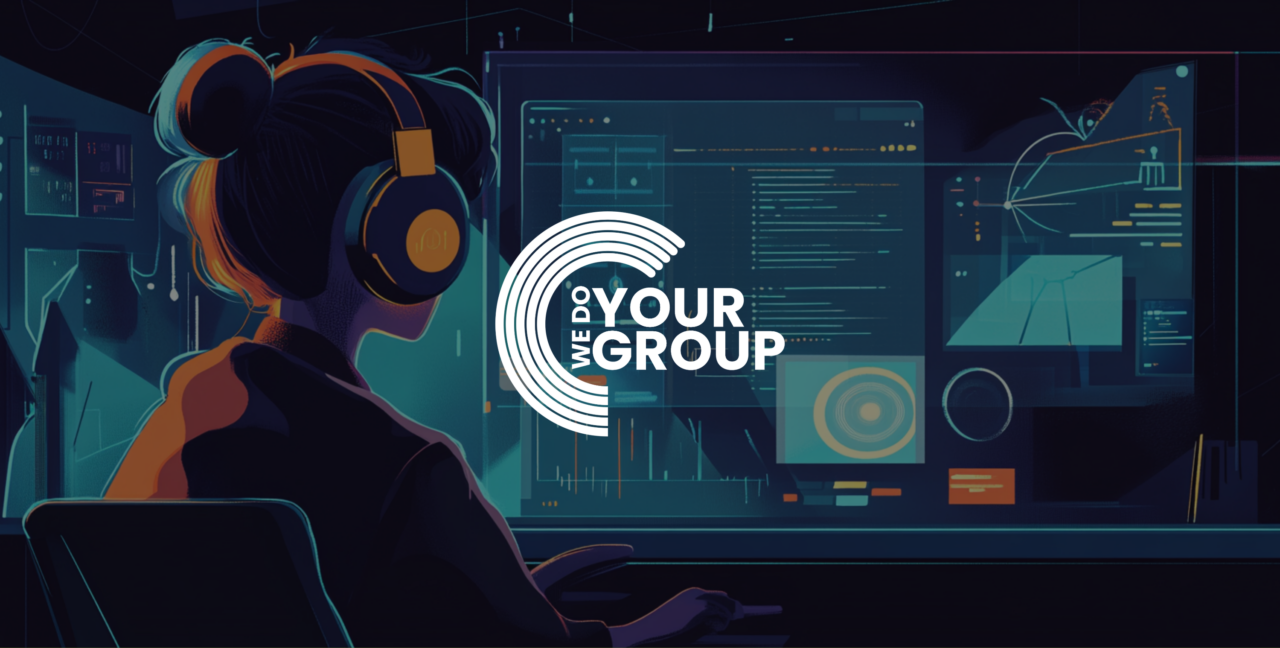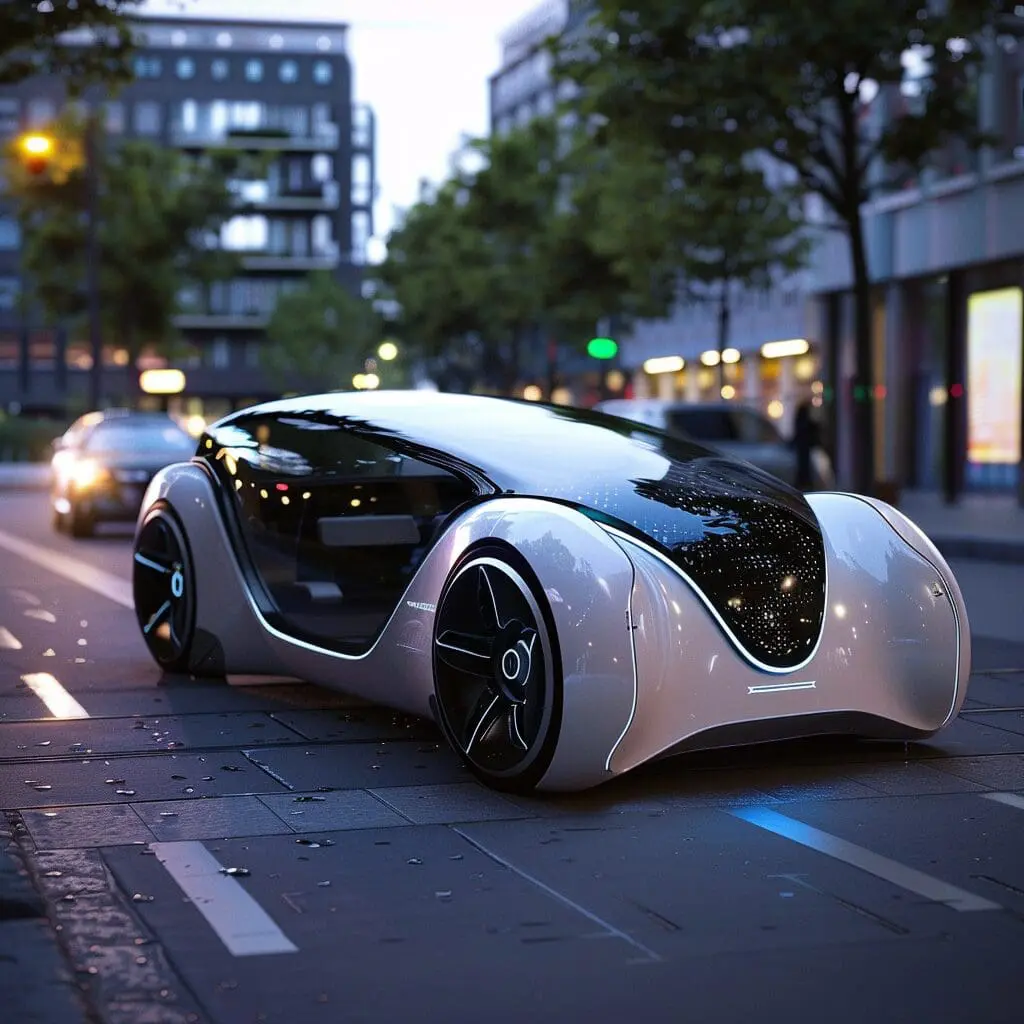

In what marks a significant shift in the landscape of transportation technology, Apple’s recent decision to halt its ambitious Apple Car project, previously known as “Project Titan”, signals a poignant moment of reflection and redirection for the tech giant. Spanning over a decade in its Apple Car development and harnessing the creativity and skill of thousands of Apple employees, the project’s discontinuation is not merely an endpoint but a pivot towards potentially groundbreaking innovations within Apple. This strategic realignment is attributed to a combination of factors, including the challenging profit margins within the current car market, a decrease in industry-wide investment in electric vehicles and batteries, the demanding nature of steering such a monumental car project amidst innovation pressures, and internal debates over the timing for market entry. While the road may have ended for the Apple Car as previously envisioned, this pivot opens up avenues for Apple to infuse its pioneering spirit into new, potentially market-disrupting projects.
In an era where innovation is paramount, tech giants are increasingly venturing into the traditional automotive industry with ambitious projects that promise to redefine mobility. Among them, Apple’s foray into autonomous electric vehicles, known as “Project Titan” or the “Apple Car Project”, stood as a beacon of potential transformation. Yet, the recent pivot away from this venture highlights a broader trend. Despite facing challenges such as fluctuating profit margins, a dip in electric vehicle investments, and internal pressures for rapid market entry, companies like Apple hired for the “Apple Car” project are not backing down. Instead, they are reallocating resources, demonstrating adaptability, and pursuing new directions that could disrupt the automotive industry even without producing a vehicle. This shift underscores a significant evolution in the way technology companies influence how we think about transportation, steering us towards a future where Apple car rumors suggest their role could be even more impactful than anticipated.
Apple CEO Tim Cook’s decision to pivot away from Project Titan, its Autonomous Electric Vehicle initiative, underlines a critical consideration in the tech world: the balance between profit margins and the pursuit of innovation. With the automotive sector’s notoriously thin profit margins, especially in contrast to the lucrative returns typically seen in consumer electronics, Apple faced a stark choice. Coupled with a relative downturn in electric vehicle and battery investment by industry giants and the internal demand for swift market entry, the tech behemoth recognised the need to reallocate its vast resources. This decision showcases Apple’s strategic response to market realities and its unwavering commitment to innovation, signalling a shift in focus towards projects like Apple’s car where it can more effectively leverage its strengths in technology and design, possibly redefining other domains, such as the self-driving car industry.
Recently, significant players in the electric vehicle (EV) market, including industry giants Tesla and Renault, have demonstrated a noticeable decline in their investment in EVs and battery technology. This shift comes amidst a broader reevaluation within the automotive sector, highlighted by Apple’s dramatic pivot away from its own Autonomous Electric Vehicle project, ‘Project Titan’. The withdrawal of these key investments raises critical questions about the long-term viability and momentum of the electric car industry. With these companies traditionally leading the charge in pushing EV technology forward, their scaled-back commitment could signal challenges ahead for the industry’s growth prospects. However, it also opens up opportunities for new players to emerge and for innovation to thrive in spaces left unexplored by these giants, potentially leading to a diverse and reinvigorated EV landscape.
The autonomous vehicle industry, with its rapid pace of technological advancement and shifting market dynamics, presents a unique set of challenges for even the most established players, as illustrated by Apple’s Apple Car development experience. The venture’s trajectory showcases the multifaceted difficulties of innovation in this sector, including adapting to the thin profit margins characteristic of the automotive industry compared to the tech sector, responding to the ebbs and flows of investment in electric vehicles and battery technology, and the constant pressure to outpace competitors with breakthrough innovations in self-driving cars and autonomous vehicles. Furthermore, internal debates within companies about the timing for market entry exacerbate these challenges, highlighting the delicate balance that must be struck between being a first-mover and ensuring a product meets the market’s evolving needs. Apple’s pivot from Project Titan underscores a broader industry trend of navigating uncertainty, as companies reassess their positions and strategies in a landscape fraught with both technological promise and commercial hurdles.
Apple’s strategic shift away from the Apple Car Project, its ambitious autonomous electric vehicle initiative, has ignited a significant internal debate and external speculation about its future direction. On one hand, this move signifies a strategic diversification, showcasing Apple’s aim to reallocate resources towards projects that offer a higher ROI and align more closely with its core competencies in technology and consumer electronics. On the other hand, critics argue that this transition could be seen as exploiting the buzz around innovative automotive ventures without a genuine commitment to overcoming the sector’s tough barriers to entry. This tension underscores the fine line between bold innovation and the practical resource allocation within tech giants like Apple navigating the ever-changing landscape of transportation and technology. Apple CEO Tim Cook confirmed to the Wall Street Journal that Apple is testing self-driving vehicles. Apple has hired more engineers for the car project.
Following Apple’s strategic retreat from Project Titan, the tech community is buzzing with speculation about the new directions Apple might take. Given its historical emphasis on user-centric innovation and seamless integration of hardware and software, it’s plausible that Apple could double down on augmented reality (AR) or venture further into health technology. The AR space, in particular, offers vast uncharted territory that aligns well with Apple’s expertise in creating immersive user experiences. Similarly, health technology, an area where Apple has already made significant inroads with its Apple Watch, presents opportunities for deeper innovation in personalised healthcare and wellness. Both areas offer the potential for high returns on investment and keep Apple at the vanguard of tech innovation, without the formidable barriers to entry and lower profit margins associated with the automotive industry. Apple could also explore AI projects and test self-driving vehicles, tapping into the realm of autonomous systems and the self-driving car industry.
The strategic shift away from Apple’s car project, previously known as Project Titan, could signal a new era of innovation for Apple employees. It frees up resources to explore and develop in other cutting-edge technologies. With the company’s grounding in user-centric design and a knack for disrupting markets, areas like augmented reality (AR) and health technology could see significant advancements. Apple’s proven track record of seamlessly integrating hardware and software could also pave the way for breakthroughs in wearable technology, further enhancing their ecosystem with devices that offer deeper personalisation and greater utility. By focusing on sectors with less formidable barriers and higher profit margins, Apple is not just navigating the turbulent waters of technological innovation but is also potentially setting the stage for its next big market revolution.
The trajectory of Apple in the autonomous systems and connected and autonomous vehicles market mirrors a broader transition from pioneering uncharted technological realms to adapting within a fiercely competitive and uncertain landscape. Initially, Apple’s foray into this sector with Project Titan reflected its ambition to redefine mobility, akin to its transformational impact on personal computing, telephony, and entertainment. However, the strategic pivot away from Project Titan, influenced by the harsh realities of thin profit margins, steep barriers to entry, and the intrinsic challenges of automotive innovation, underscores a shift towards prioritising projects with clearer pathways to commercial success and technological integration. This evolution from pioneers to adapters is not just indicative of Apple’s pragmatic approach to innovation but also reflects a wider industry trend where even the most ambitious players are compelled to reevaluate their strategies amidst escalating complexities and uncertainties within the connected and autonomous vehicles sector.

This website uses cookies to improve your experience. Choose what you're happy with.
Required for the site to function and can't be switched off.
Help us improve the website. Turn on if you agree.
Used for ads and personalisation. Turn on if you agree.
This website uses cookies to improve your experience. Choose what you're happy with.
Required for the site to function and can't be switched off.
Help us improve the website. Turn on if you agree.
Used for ads and personalisation. Turn on if you agree.